Attentive Kyiv Post readers will have noted that human rights advocacy group Amnesty International recently landed itself in political hot water. It announced in an August 4 report that it had amassed hard evidence that the Ukrainian military is, with forethought, endangering the lives and property of Ukrainian civilians by fighting the Russian army in Ukrainian towns and villages. This, Amnesty opines, is a clear war crime for which Kyiv should be held responsible.
Over the past eight years, my work has brought me in direct, daily and frequent front-line contact with the men and women of the Ukrainian Armed Forces (UAF). I’ll get to my personal view on the UAF in a moment, but first I want to talk about money.
The lucrative world of philanthropy
Amnesty’s financial reality is more than a little plushier than its public image of an intrepid band of human rights campaigners, armed with anoraks and mobile phones, fighting the good fight against faceless nation states, inhumane dictators, and oppressors of the weak.
The organization’s budget last year, per its 2021 annual report, was 357 million euros. According to aggregator information platforms like glassdoor.com, Amnesty’s 1,000-3,000 full time staff at Amnesty start with salaries around $40,000 a year. That’s not bad money in Ukraine. Senior directors rake in around $150,000, before perks like travel, transportation and (probably) speaking fees.
It’s hard not to conclude that there’s a lot of money in humanitarian assistance; moreover, that Amnesty’s senior management is well aware of it.
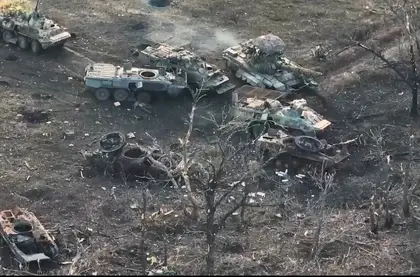
British Intelligence Predicts More Russian Losses
Some 16 percent of every euro, dollar or pound sterling donated or otherwise made available to Amnesty, by that same financial statement, went to “raising funds for human rights work” and “building our supporter base.” In other words, out of every ten euros donated by millions of individual contributors worldwide, a little more than 1.60 euros pays for marketing and donation promotion, so Amnesty can get even more money. This begs the obvious question: what does Amnesty deliver with the money it does spend on human rights reporting?
Hollow research
According to the agency’s August 4 report, Amnesty investigators used interviews and satellite photographs to establish that the UAF endangers, with forethought, Ukrainian civilians. The Ukrainian army, Amnesty researchers found, violates laws of war by fighting too close or inside built-up areas, thereby drawing Russian fire. The research leading to that conclusion took about three months. Also, the UAF doesn’t evacuate civilians, Amnesty found.
Amnesty did not, at least according to its report, speak with any Ukrainian soldiers, Ukrainian officials, or civilians living in Russia-controlled territory. Nor did the agency, in any way shape or form, even hint at the greatest and most obvious war crime of all: that the Russian state invaded Ukraine in a war of aggression, and every dead and injured civilian, every destroyed and damaged structure, on both sides, is directly attributable to the Kremlin decision to invade. The report is clear in its assertion: the UAF is guilty of war crimes. But with regard to the Russian invasion as the reason the UAF was fighting in the first place, dead silence.
By focusing on the Ukrainian military and ignoring the original sin of the Russian invasion, Amnesty, it seems to me, is acting as a textbook enabler of death, destruction and displacement of millions of people. After all, the UAF never wanted to fight the Russians.
Basic truths overlooked
I doubt the enablement of mass violation of human rights, the payment of more-than-comfortable salaries to thousands, and a donation-promotion campaign costing tens of millions of euros, are what individual contributors worldwide are seeking when they donate to Amnesty International.
As for me, over the years, I have stood in Ukrainian fighting positions, toured more than my fair share of demolished villages, and interviewed soldiers and civilians and officials on both sides of the fighting lines. I’ve been wet, baking and frozen, seen incoming and outgoing rocket attacks, and I know full well that whatever conclusions I come to, are anecdotal.
But from my experience, the UAF tries to stay away from built-up areas and mostly it does so. Sometimes, tactically, it can’t, although it would prefer to fight with no civilians around at all. If the civilians agree, the UAF or civilian authorities will try to evacuate them. This is war. Sometimes you don’t get what you want and as a result, people die. But, in any case, in this war, the UAF has been orders of magnitude more careful and protective of Ukrainian civilian lives, property, and human rights, than the Russian army.
The question I would like to see answered, is how an organization as old, reputable and richly-financed as Amnesty International, managed to miss this basic truth.
Stefan Korshak is Kyiv Post’s Senior Defense Correspondent. His field experience includes the Second Chechnya War, the Russo-Georgia War, Afghanistan, the 2014-2022 Donbas conflict, and now the Russo-Ukraine War.
The views expressed in this article are those of the author and not necessarily of Kyiv Post.
You can also highlight the text and press Ctrl + Enter


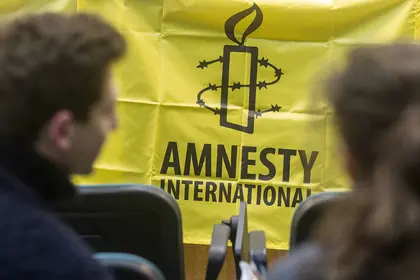
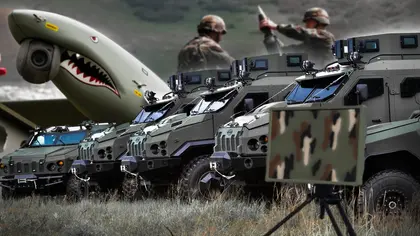

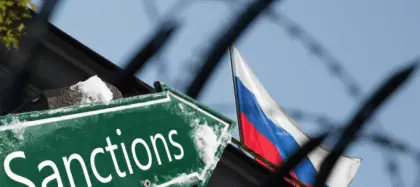
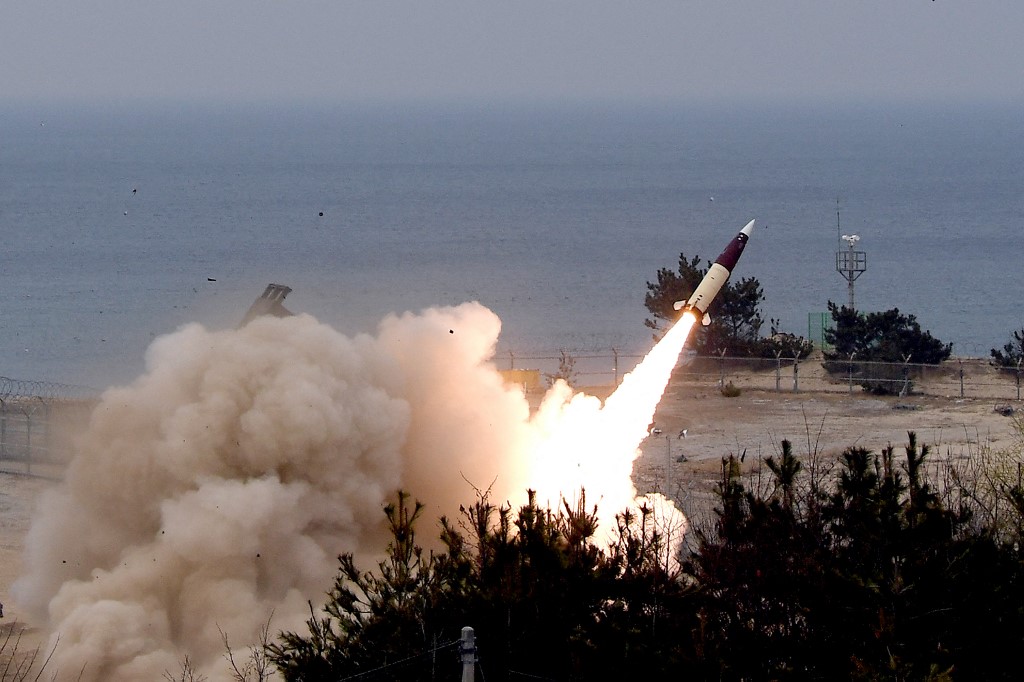
Comments (0)